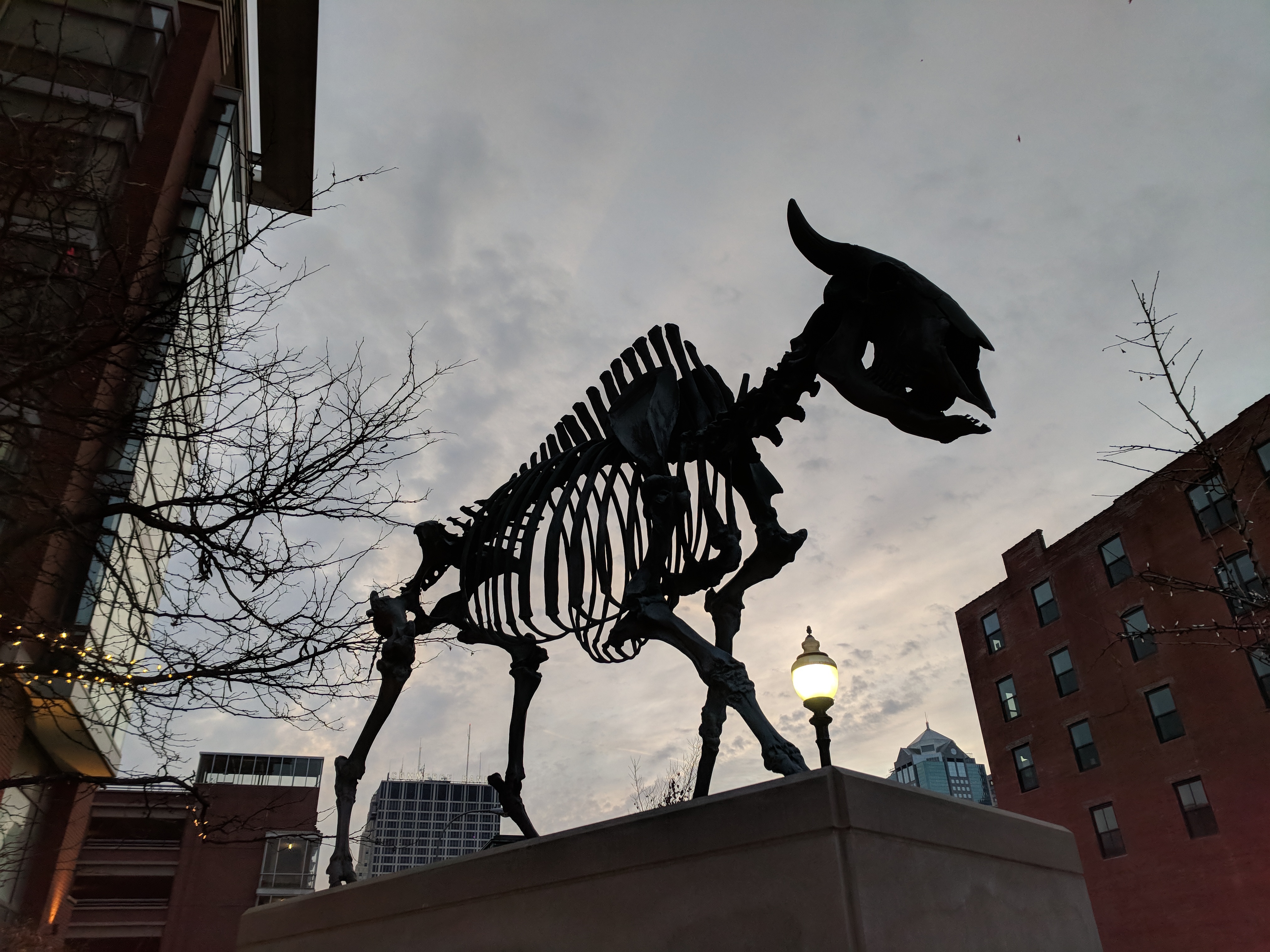John Levi Barnard
THE EDIBLE AND THE ENDANGERED: FOOD, EMPIRE, EXTINCTION

Within the environmental humanities, much of the scholarship on climate change and its related crises has focused on fossil fuels, tracing the historical development, and present pervasiveness of what Stephanie LeMenager calls “petroleum culture.” Professor Barnard’s new book project extends this work into the realm of the industrial animal food system, which emerged as a feature of imperial and capitalist expansion in the United States but has become global in its extent and planetary in its impact. Like fossil fuels, the animal food system constitutes what Professor Barnard calls an extinction-producing economy; however, it also constitutes a culture, manifesting ideas, values, and practices that are tightly held and difficult to change.
The Edible and the Endangered: Food, Empire, Extinction, explores the concomitant rise of industrial meat culture and US empire in order to draw out their ecological implications for our present moment. Through a study of literary and other representations of hunting, fishing, ranching, and ultimately mass production—along with the forms of domestic consumption they enable—the book shows how animal foods ranging from the Thanksgiving turkey to the fast-food burger have come to be viewed as essential to both material existence and national identity in the US, even as they have contributed significantly to a planetary ecological emergency. Taking a long view of all these phenomena, The Edible and the Endangered identifies American cultures of animal production and consumption as critical aspects of an imperial project that has been ecologically catastrophic from the beginning.
